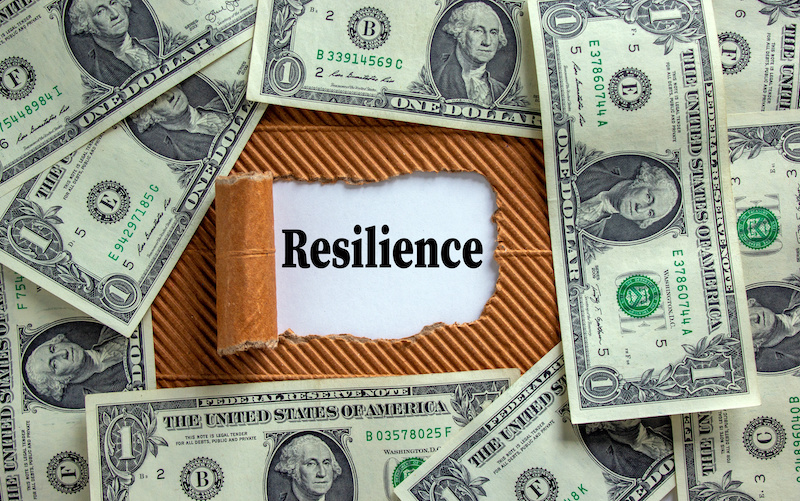Hurricane Season
Key News ContributorAugust 24, 2017

Hurricane Season
June 1st every year marks the start of Hurricane Season, and no, we do not mean the UM football season. It’s the time of year when we all should be making sure we have our hurricane kit ready so we do not need to scramble at the last minute. This will last through November 30th and hopefully no longer, though that has happened in the past. While most of you on Key Biscayne know what to do during a hurricane and on its approach, this may be a good refresher article. Most of this information will be coming from http://www.nhc.noaa.gov/prepare/ the National Hurricane Center website.
Hazards
There are several concerns and things to be preparing for with a hurricane. Storm surge, storm tide, flooding, wind, rip currents, and tornadoes are all dangers associated with hurricanes and that do not all apply specifically to coastal communities. Both storm surge and storm tide can cause extreme damage to coastal areas (and sometimes further) as this can be a substantial amount of water. The intrusion of the oceanic saltwater into estuaries, which are not full saltwater, and bayous, which may be freshwater, saltwater, or a mix, can endanger public health as well as the local environments.
Tropical systems produce a substantial amount of rain and can cause flooding. This is the largest threat to those who live inland from tropical systems. Winds are another issue. You can have flying debris and wind that can knock down power lines. Rip currents are a threat as a storm approaches, passes by, and makes landfall. Please exercise caution anytime there is a rip current warning in effect. Check out http://www.ripcurrents.noaa.gov/tips.shtml for rip current safety tips. Tornadoes can be produced by a tropical system so in addition to preparing for power outages, flooding, and high winds go ahead and prepare for a tornado too.
Watches verses Warning
A watch is stating that conditions are right for this hazard to occur, while a warning states that there is immediate danger and actions need to be taken. When it comes to hurricanes and tropical storms, watches are generally issued 48 hours in advance of the onset of the tropical storm force winds while warnings are issues 36 hours in advance of the onset of tropical storm force winds.
To make sure you are properly prepared and you have everything ready for this year’s hurricane season check out http://www.nhc.noaa.gov/prepare/ready.php to see if what you have in your kit matches what NOAA recommends. Grant it, every household is different and some things may be needed in your kit that is not in your neighbor’s kit. This is a good place to start and go from there to make your hurricane kit unique for your family. I’ll leave you with this thought today, I heard it a long time ago but I live everyday by it; “Hope for the best, but be prepared for the worst”.
Hurricane Preparations
The Source for the information is the Florida Department of Emergency Management, National Hurricane Center. Much of what is provided is well known by long-term residents of the Key. However, there are many new residents of the Key who have not yet experienced any type of tropical event and this information is offered for their use as well as for long-term residents who could use a review.
Timing is appropriate as the official hurricane season begins today, June 1 and ends November 30. The tips for preparing for hurricane include:
- Develop a family disaster plan.
- Stay alert to storm advisories. A WATCH literally means “be on guard”. You prepare for action and monitor weather reports. A WARNING requires immediate action. This means a weather hazard is imminent – it is either occurring or about to occur at any moment, according to the National Hurricane Center.
- Purchase a NOAA weather radio.
- Keep a Disaster Supply Kit ready.
- Have enough food and water for at least three days.
- Protect valuable documents.
- Make your home more disaster resistant.
- Prepare to board up windows and glass doors, anchor loose yard objects or bring them inside.
- Get cash. Following a hurricane, banks and ATMs may be temporarily closed.
- Fill your car with gasoline.
- Have a pet plan. Before a storm threatens, contact your veterinarian or local humane society for information on preparing your pets for an emergency.
- Do not use candles or open flames as a light source.
- Work with your neighbors.
- Check on elderly or those with special needs.
- As the storm hits, gather your family in a safe room (an interior room with no windows).
- Following the storm, watch out for downed power lines.
To learn more, visit www.floridadisaster.org.


